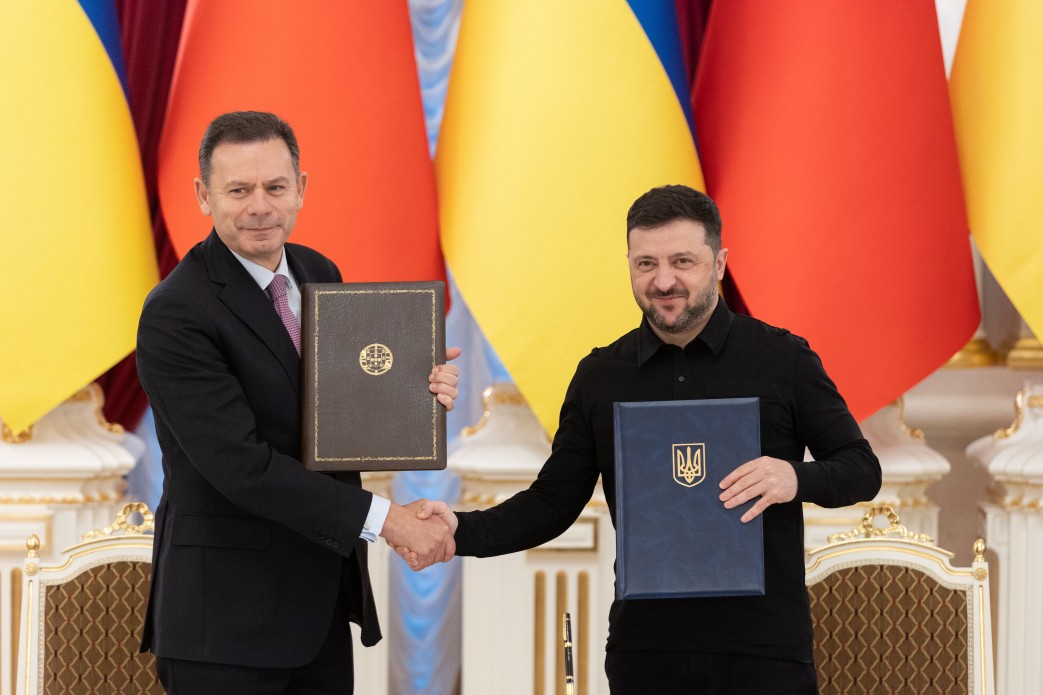German intelligence agencies suspect that Russia is increasingly relying on so-called “disposable agents”—ordinary civilians recruited to carry out sabotage, espionage, or propaganda for relatively small sums of money, as reported by Euronews.
Moscow’s hybrid operations against Germany have intensified, including espionage, disinformation campaigns, and possibly drone flights. Chancellor Friedrich Merz (CDU) has noted that while Germany is not at war, it is not entirely at peace either.
Recent weeks saw drones flying over military, critical, and civilian sites, including Munich Airport. While Chancellor Merz and Defense Minister Boris Pistorius (SPD) have linked some incidents to Russia, the operators remain unidentified. Observers note two types of drone activity: professional operations using large drones and amateur flights with commercially available models. Some of the latter may involve “disposable agents,” also known as low-level operatives.
The German domestic intelligence service (BfV), the Federal Intelligence Service (BND), the Federal Criminal Police Office (BKA), and the Military Counterintelligence Service (MAD) recently warned the public against being recruited as disposable agents. These individuals are often contacted via social media to perform “small” tasks such as property damage, espionage, or arson.
“Disposable agents are typically used for tangible acts,” says Dr. Christopher Nehring, a disinformation expert. “They are not spies in the traditional sense, because they don’t secretly gather intelligence. Instead, they vandalize property, post propaganda, or damage infrastructure.”
Dr. Hans-Jakob Schindler, terrorism expert, explains that such agents are deliberately kept unaware of Russian intelligence structures in Germany and across Europe. Recruited via pro-Russian Telegram channels, they are often men with low educational backgrounds, motivated by ideology, money, or both.
“Financial need plus ideological alignment is the ideal combination,” Schindler notes.
The strategy is simple: conduct numerous low-cost, small-scale operations that cumulatively create a sense of insecurity.
“Hybrid warfare isn’t about destroying Germany or NATO but weakening political resolve by creating fear,” adds Nehring.
Earlier this year, over 270 cars across several federal states were vandalized with foam and pro-Green stickers, initially attributed to climate activists. Investigations suggest Russian involvement, aiming to stir anti-Green sentiment ahead of elections.
Disposable agents have also been linked to monitoring weapons deliveries to Ukraine. In Munich, individuals such as Dieter S. and Alexander J. were prosecuted for scouting targets, sending reconnaissance images, and planning attacks on military and industrial sites, aiming to disrupt German support for Ukraine.
Anonymity online allows foreign actors to obscure their involvement. If an agent is caught, as in Dieter S.’s case, the responsibility falls solely on them.
Since the war in Ukraine began, Russian intelligence has struggled to place traditional agents in Germany. Many diplomats have been expelled—over 60 since the invasion—and while not all are spies, some are believed to be involved in intelligence work. Consequently, disposable agents are sometimes described as a “desperate measure” by Russian services.
“They are expendable; the goal is to create threats and gather information, regardless of the agents’ fate,” says Schindler.
Offenses range from “anti-constitutional sabotage” (up to 5 years in prison) to “espionage for a foreign intelligence service” (up to 10 years). Authorities have mostly caught the agents themselves, rarely the ones directing them, posing an ongoing challenge for German intelligence.




















